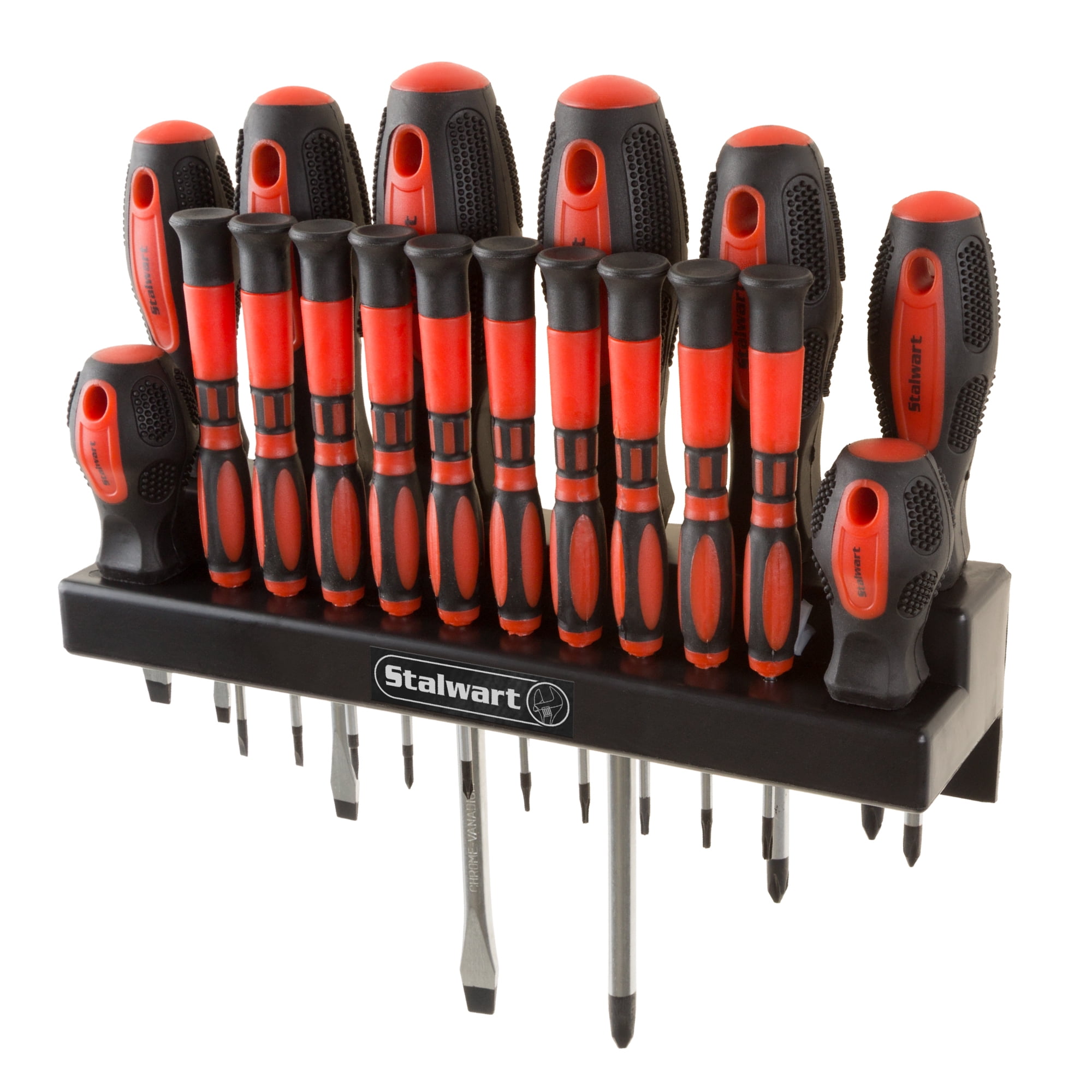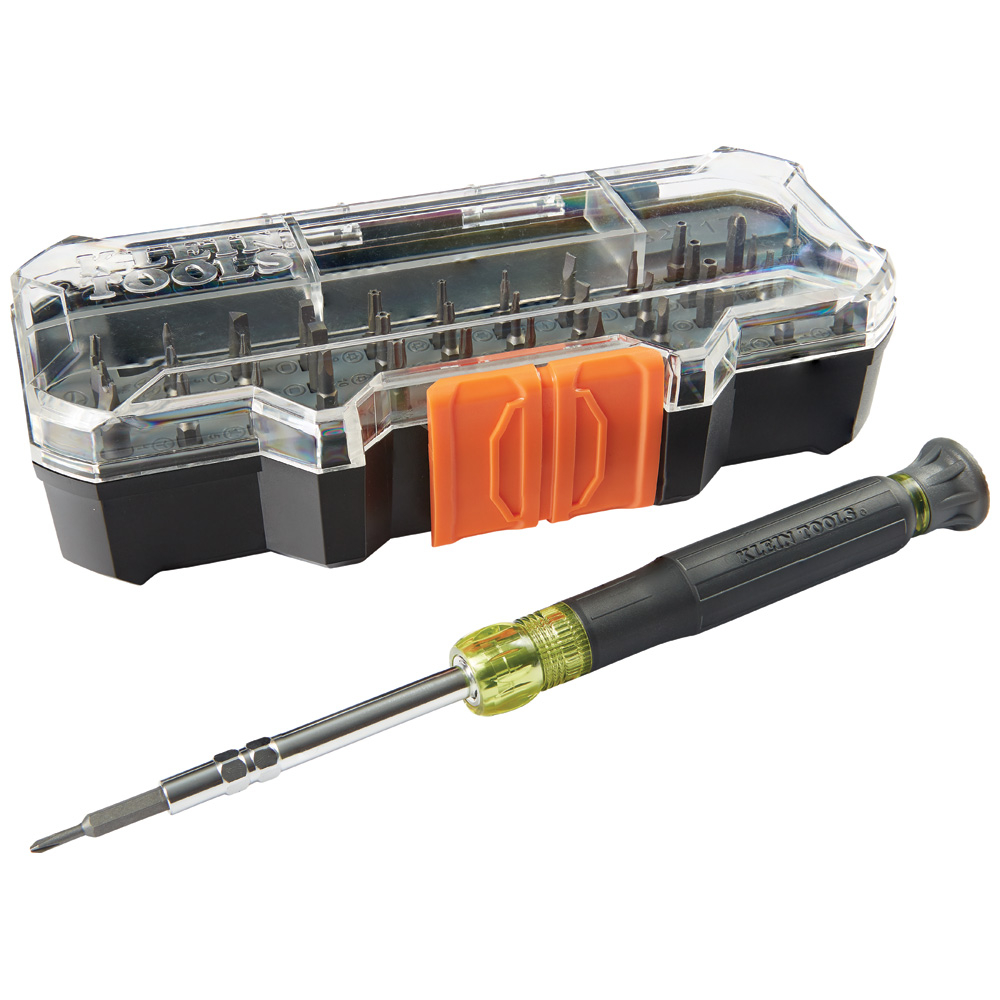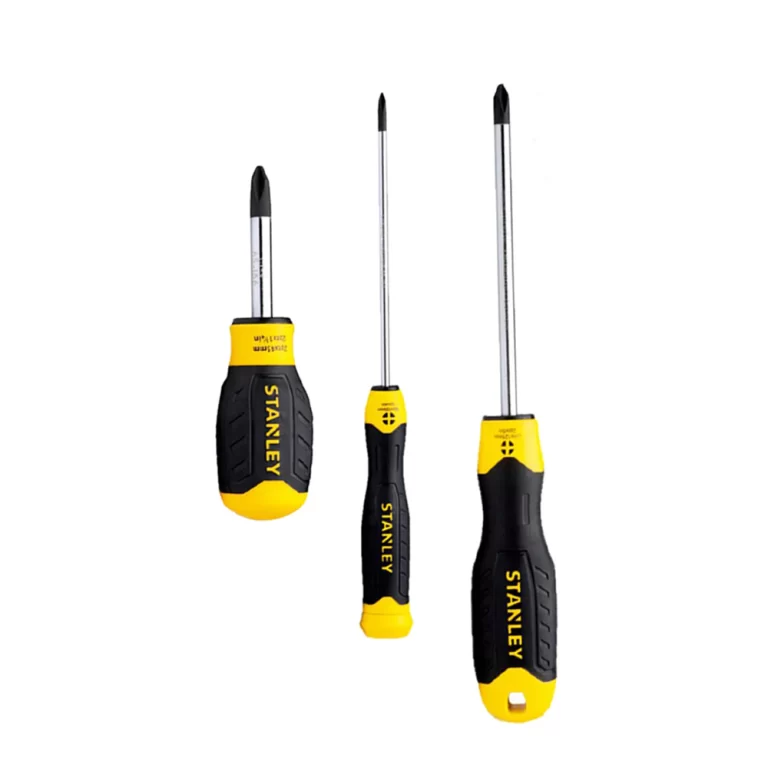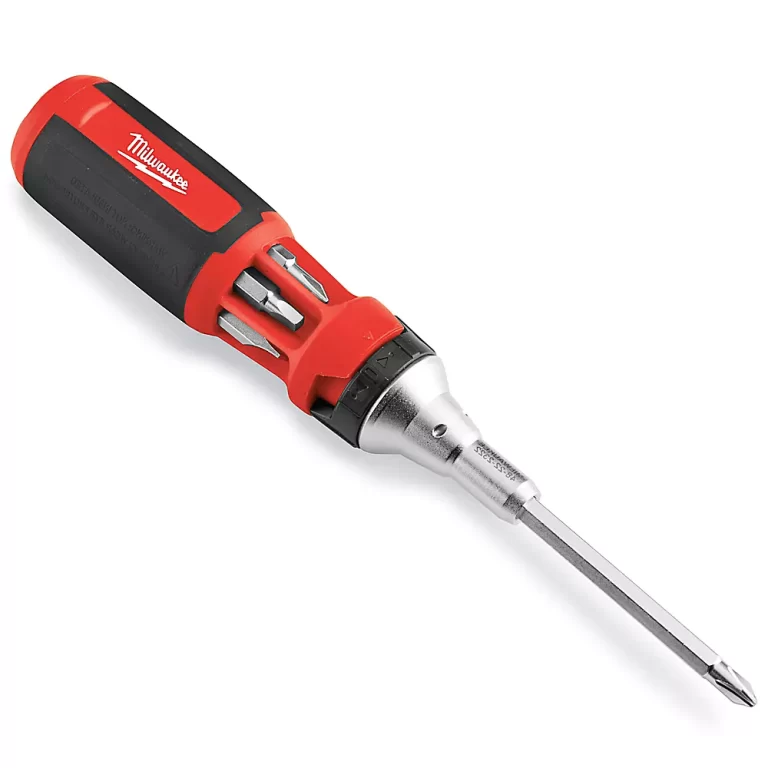
Precision Screwdriver 101: Your Complete Guide
Introduction to Precision Screwdrivers
In the toolkit of any DIY enthusiast, hobbyist, or professional technician, the precision screwdriver is a crucial tool. This specialized screwdriver is for tasks requiring high accuracy. It serves well in electronics, jewelry, eye glasses, and other fine work. Precision screwdrivers are smaller than standard ones and feature a more delicate tip. These qualities allow for precise control and access to tiny screws in compact areas.
The handles of precision screwdrivers often provide better grip than regular screwdrivers. They ensure that you can work with small parts without slipping. With a precision screwdriver set, you will find various types with different tips. They match the unique heads of small screws commonly found in electronic gadgets. Whether you are assembling a model kit or repairing a smartphone, a precision screwdriver is your go-to tool.

Types of Precision Screwdrivers
Precision screwdrivers come in various shapes and sizes. Knowing the types helps pick the right tool for the job. Here are the most common types:
- Flathead Precision Screwdrivers: These have a flat tip. They fit into single-slot screws. Many small electronics use flathead screws.
- Phillips Precision Screwdrivers: With a cross-shaped tip, these screwdrivers are for screws with a Phillips head. They are very common in electronics.
- Torx Precision Screwdrivers: These have a star-shaped tip. Torx screws often appear in cars, computers, and smartphones.
- Hex Precision Screwdrivers: Also known as Allen screwdrivers. They have a hexagonal tip and work with hex socket screws. Many bikes and furniture items use hex screws.
- Tri-wing Precision Screwdrivers: These are less common. They have a ‘Y’ shaped tip and are often used for specialized equipment.
- Pentalobe Precision Screwdrivers: Apple devices often have pentalobe screws. These screwdrivers are for opening such devices.
- JIS Precision Screwdrivers: The Japanese Industrial Standard screwdrivers fit JIS screws found in Japanese electronics.
Choose a precision screwdriver based on the task. Make sure the tip size matches the screw head well. This prevents damage. For most tasks, a set with multiple types is the best choice. It offers versatility for different screws. Keep your set complete and organized for easy access.
Essential Features to Consider
When selecting a precision screwdriver, look for key features that will ensure optimum performance and user comfort. Here’s what you should consider:
- Size and Precision: Choose screwdrivers with tips that precisely fit the screw heads you’ll work with. Incorrect sizes can cause slippage or damage.
- Material Quality: High-quality materials like chrome vanadium steel or hardened steel provide durability and prevent wear.
- Handle Ergonomics: Screwdrivers with ergonomic handles offer better grip and control, reducing hand fatigue over long periods.
- Rotating Cap: A rotating cap at the end of the handle allows for finer control and easier twisting.
- Magnetic Tips: These can hold onto screws, making your work easier, especially in tight spaces.
- Set Variety: A set with diverse tip styles and sizes ensures you have the right tool for any precision task.
- Case or Organizer: Keep your screwdrivers organized and protected with a quality case or stand.
- Brand Reputation: Invest in screwdrivers from a reputable brand to ensure quality and reliability.
Prioritize these features to get the precision screwdriver or set that best fits your needs.

How to Use Precision Screwdrivers Safely
Using precision screwdrivers requires a steady hand and a focus on safety. Handle them with care to avoid injury and damage to your tools or projects. Here are key safety tips:
- Wear Protective Gear: Before starting, put on safety glasses. Tiny parts can fly up when you work.
- Work in a Well-Lit Area: Ensure your workspace has enough light. You will see what you are doing clearly. This prevents mistakes.
- Do Not Force Screws: If a screw resists, do not force it. Apply gentle pressure. Forcing can strip the screw head.
- Select the Right Tip Size: Always use the correct tip size for the screw. This reduces the chance of slippage and injury.
- Keep Your Work Area Clean: A clutter-free space keeps tiny screws and parts from getting lost. It also helps prevent accidents.
- Secure the Object You’re Working On: Make sure the item is stable. Use a vise or clamps if needed. This keeps your hands free.
- Use the Right Technique: Turn the screwdriver with your wrist, not your arm. This gives you better control.
- Keep Precision Screwdrivers Away from Children: Store your tools safely. They are not toys and can be sharp.
- Inspect Your Tools Before Use: Check for damage before you start. Worn or broken tools can fail and cause harm.
By following these safety guidelines, you can use your precision screwdriver with confidence. You’ll protect yourself and your work.

Maintenance and Care for Longevity
Maintaining your precision screwdriver set can extend its life and keep it performing well. Here’s how you can take good care of your tools:
- Regular Cleaning: Wipe your screwdrivers after each use. Remove dirt and oil to prevent rust.
- Proper Storage: Store them in their case or organizer. This protects the tips from damage and keeps them from getting lost.
- Avoid Moisture: Keep your set in a dry place. Moisture can cause metal parts to corrode.
- Check for Wear: Inspect the tips often. Look for signs of wear that could affect their precision.
- Tighten Handles: If the handles of your screwdrivers are loose, tighten them. Do not over-tighten, which can cause damage.
- Lubricate Joints: If your screwdrivers have rotating caps, lubricate them occasionally. This makes the turning action smoother.
- Magnetic Tips Maintenance: Demagnetize and remagnetize your tips as necessary. This keeps them working effectively.
- Use the Right Type: Always use the correct precision screwdriver for the screw. This prevents tip and screw head damage.
By carrying out these simple maintenance steps, your precision screwdrivers will serve you for many projects to come.

Common Applications for Precision Screwdrivers
Precision screwdrivers excel in delicate tasks. These specialist tools suit a range of common applications. Below are some areas where they shine:
- Electronics Repair: They’re essential for fixing phones, tablets, and laptops. You’ll need them to handle small, sensitive components.
- Jewelry Making or Repair: For crafting or repairing jewelry, these screwdrivers are key. They work well with tiny screws and intricate parts.
- Eyeglass Repair: Use them to tighten or replace screws in eyeglass frames. They help avoid damages that larger tools could cause.
- Model Building: Hobbyists building models or miniatures use these screwdrivers. They are perfect for assembling small and detailed pieces.
- Watchmaking: Precision screwdrivers are crucial in watch repair. They help in opening cases, and fixing or replacing small parts.
- DIY Projects: They are also handy in various home DIY projects. Especially those requiring small screws and precision.
- Computer Repairs: These screwdrivers service desktop and laptop computers. They’re useful for motherboard screws and case fasteners.
Each application benefits from the precision and care these tools provide. When faced with small screws and delicate tasks, always reach for your precision screwdriver set.
Tips for Choosing the Right Precision Screwdriver Set
Choosing the right precision screwdriver set can feel daunting. But with the right pointers, it becomes simpler. Keep these tips in mind when shopping:
- Assess Your Needs: Think about the tasks you’ll tackle. This helps you decide what types and sizes of screwdrivers you need.
- Consider the Quality: Don’t skimp on quality. A set made from high-grade materials lasts longer and saves money in the long run.
- Check for Comfort: Try out the handles if you can. Comfortable grips make for easier work and better control.
- Look for Versatility: A set with various tip sizes and types prepares you for any project. Make sure it includes the most common heads you’ll encounter.
- Examine the Case: A durable case keeps your set organized. Check how the screwdrivers fit in it. They should snap in securely.
- Read Reviews: See what other users say. Their experiences can guide your decision.
- Compare Pricing: Look for the best value. Cheap doesn’t always mean good, but don’t overpay for features you don’t need.
By following these tips, you can select the perfect precision screwdriver set. Ensure it suits your projects and feels right in your hand.

Conclusion: Enhancing Your Toolkit with Precision
As you explore the world of precise tasks, adding a precision screwdriver set to your toolkit is essential. These tools prove their worth in a multitude of settings. From fixing a smartphone to assembling delicate model kits, they offer the accuracy you need.
Remember to prioritize tip size, handle comfort, and material quality. These factors ensure effective and safe use of your precision tools. For any DIYer, hobbyist, or professional, a dependable set is not just a purchase; it’s an investment in excellence.
Lastly, consistently maintain and store your screwdrivers to extend their life and keep performance high. With the right precision screwdriver, even the most intricate projects become manageable.
Choose wisely, work safely, and enjoy the precision that these specialized tools bring to your workbench. There is no substitute for the right tool at the right time, and precision screwdrivers are often just that.

